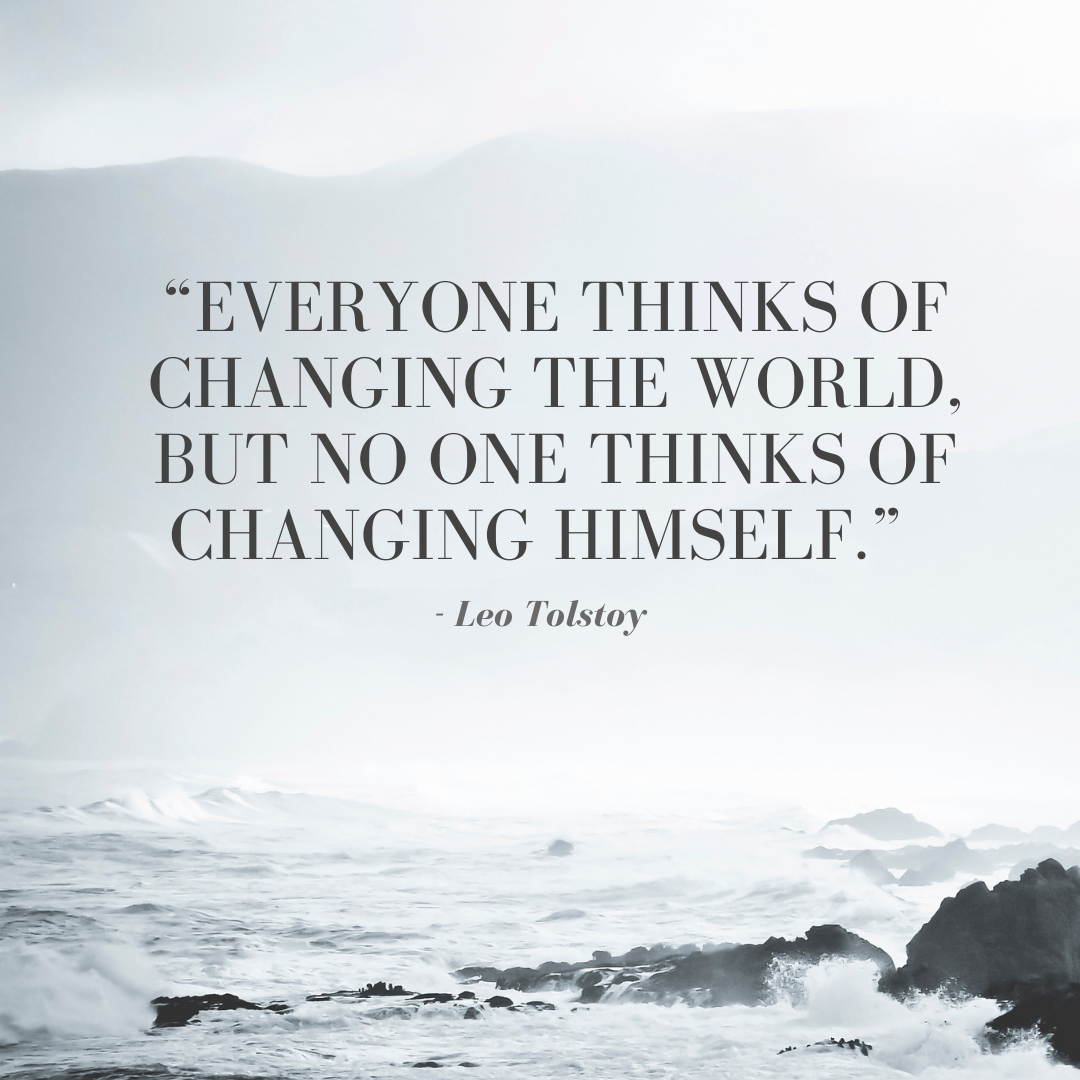
'“Change – we don’t have the time and resources for that.” The irony was not lost on me. It was my first month as the new clinical director for a longstanding 30-day residential treatment center, and I suggested a solution to an interdepartmental issue we were experiencing, a solution that would require communication, agreed upon problem-solving strategies, additional resources, and accountability. It would require change.
After all, we are an organization which exists to support, assist, encourage and equip change, right? We are a “change agency” and yet I found on more than one occasion that we were “resistant” to change ourselves.
I’ll admit, the longer I worked in that setting, the more that tendency showed up in my own actions and attitudes. It’s certainly ironic, also kind of scary. But I believe it’s true of many outstanding organizations.
But why? Well, I’m sure the answer is far more complicated and diverse that I’ll even begin to cover here, but I’ll share a few thoughts that I believe may be at work in keeping even the centers of excellence “stuck” and possibly “resistant” to healthy, smart, and needed change.
Homeo…what?
The very nature of change can be at the root of why we don’t embrace and execute on needed solutions in the treatment center setting. Addiction treatment centers are systems. They have a series of different parts (departments; marketing, admissions, billing, UR, clinical, financial, maintenance, IT, housekeeping, etc.…), and those parts overlap and impact one another. A change in one part almost always affects others, and the ones affected often respond in ways to counteract that affect or change. That’s how homeostasis works – it’s the strong tendency for a system to maintain balance, or the status quo.
Just as a brisk jog will cause us to sweat in order to counteract the overheating of our bodies (maintaining our body temp), systems have intricate rules and dynamics that regulate the organization. Treatment centers are simply not exempt from the reality of homeostasis. Homeostasis resists change – at times even when the change may be necessary for the growth and survival of the organization.
The “dys” in Dysfunction
Dysfunctional systems have difficulty promoting and maintaining the health of all the parts. The root meaning of the “dys” in “dysfunction” simply means pain. A painfully functioning system is one that is maintaining a status quo that blocks growth, healing, efficiency, agency, and cooperation.
However ironic it may sound, that Change Agencies resist needed change themselves, the truth is that they are also some of the most well-equipped organizations on the planet to assess, diagnose, intervene, enlist, and equip lasting, healthy change in their systems of care – from the back offices throughout the continuum of care. However, they too must wrestle with their own brand of homeostasis.
What can we do?
Listen. We learn best when we listen. We’ve attracted smart, talented, and caring people to serve in the various departments and roles that make our organizations productive and effective. Listening to their “pain points”, what’s not working, processes and practices that steal the joy from their work and render them exhausted and discouraged. Listening helps us see where the pain is, what’s broken in our system that needs repairing. It all starts here.
Learn. Getting a good understanding of the issues impacting our organizations (all parts) is critical, and it leads to a learning journey. This is where we research, discover, communicate, network, ask questions, and explore solutions. We learn what we may do to begin making changes that promote health throughout the system. It’s always best when as many people as possible are meaningfully involved.
Lead. It takes leadership to make needed changes, especially when there is resistance to that change. Leadership that is inclusive, informed and equipped. But that’s what good leaders do, and they help to ensure that those changes are followed through, evaluated, and embraced. This kind of leadership helps build a culture of resiliency rather than resistance – and can even develop a new balance or homeostasis that functions to protect the new, improved rules, roles and processes.
So, what needs changing? I hope you’ll have a chance to ask that question. Ask it to peers, to clients, to supervisors, visitors, family members, counselors, maintenance staff, hospitality team members, marketers and referral sources. Ask the question often.
Then listen, learn, lead…and change.
To learn how to affect change in your organization through innovative behavioral health billing solutions, contact us today.



